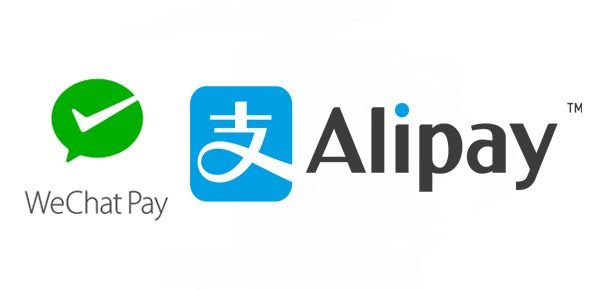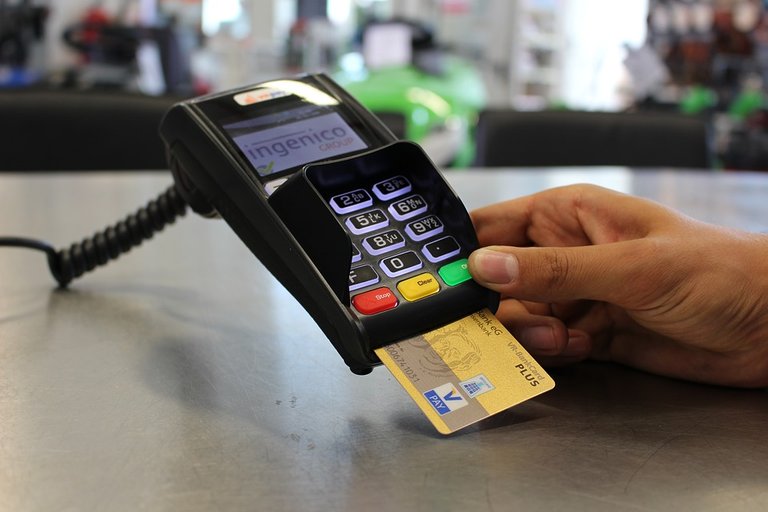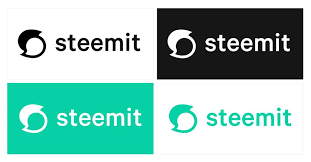China, one of the world’s largest economies, is an almost cashless society thanks to two smartphone apps; AliPay and WeChat.
How China Pays

AliPay, now Ant Financial, has over 600 million registered users which use the service for everything from buying a cup of coffee to paying their taxes. Originally a part of the Alibaba Group, AliPay evolved out of Taobao as a way to provide trusted escrow between buyers and sellers in the online marketplace. The app had such great success that it became one of the two most common ways to pay in China.
WeChat, an app originally styled after Kik Messenger, has become a social media powerhouse replacing Facebook for most of the population of China. The prevalence of WeChat, and by extension WePay, has encouraged Chinese officials to consider using WeChat profiles as an official government identification.
The recent media interest in these two systems challenges the way the rest of the world looks at money.
Cashless Society

China is not the only society developing cashless solutions. Paper money is expensive, easy to counterfeit, easy to launder, and cumbersome to carry in any significant amount. In spite of this nearly one third of business in the US is transacted in cash, forty eight percent with debit or credit cards, and the remaining twenty percent with another payment method.
As cash becomes less popular, companies seek out ways to make the cashless transaction easier. Technologies that allow tap-to-pay with a chip enabled card or cellphone are becoming increasing priorities for even small businesses.
Cashless does not mean non-fiat, however. Government issued, and centralized currency remains the primary payment medium for goods and services worldwide. Part of this is due to trust, part is due to familiarity.
Moving from Fiat to Cryptocurrency
Trust in fiat is degrading, especially in the United States. Central, government controlled, banking systems are being found to be more and more corrupt. Regulations designed to protect investors and consumers are being discarded in favor of tax savings and other benefits for the people that own the money (the governments and their funders). The governments know this trust is degrading, this is one major reason they are concerned with regulating or banning the use of cryptocurrencies.
Cryptocurrency is owned by the blockchain. Effectively the people have the power to control its value according to the stake they hold in it. You would never be able to hold enough USD to control the value of the dollar, but many people hold enough Steem or SBD to influence the market. The value of cryptocurrency is currently controlled by few factors;
- How much is held
- How much is circulating
- What price people offer to buy it at
- What price people offer to sell it at
A few merchants have dipped into accepting Bitcoin for purchases, but this becomes increasingly less practical as the cost per transaction for Bitcoin continues to increase. There are more than a thousand alternative cryptocurrencies, so how do we determine which one is suitable for everyday use?
Why the Steem Dollar Could be the World Dollar

If we take our cues from China and combine the best of AliPay and WeChat we have a unique opportunity with Steem to create a universally accepted currency with zero (or nominal) transaction cost.
If Steemit Inc. developed financial partnerships in similar ways to those that AliPay, WeChat, and even Ripple have, users would be able to transact SBD instantaneously from our Steemit wallet to the wallet of any other person or merchant. To sustain the viability of the currency the SBD would have to have restrictions on the increase in supply and SBD/Steem paid into Steemit Inc. would have to be “burned” to continue to sustain the reward pool.
All of this is just a concept. I’ve not researched or developed the practical mechanics, but I’d love community input. Would you accept SBD/Steem in your business? Would you be interested in using your SBD/Steem to pay for everyday things? Tell me why.
Some information from this article was taken from Charlie Liu on Medium.

As always, I Steem for my kids…


Sadly I think we still need cash you can hold in your hands along side crypto, because in a cashless society it would be very easy to be controlled if all your money was on a chip. Decentralized is fine but I'm guessing the first massive massive crypto with real mass adoption will be created by the governments of the world.
More likely than not, government created cryptos will be the first to reach mass adoption. Hopefully "democratic" money will take hold.
Great Post
Didn't know about AliPay and WeChat. Thanks for sharing this.
You're welcome. I got interested in them because of an article in Wired Magazine.
Can AliPay be used worldwide or just in China?
I don't know what the reach of AliPay is, but it's not available in the US.